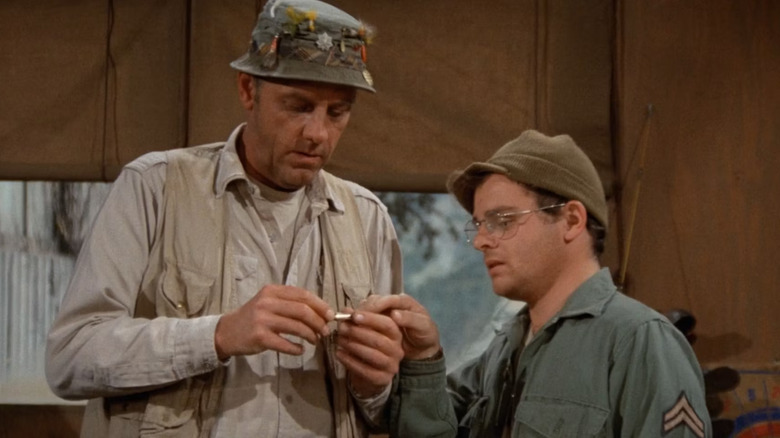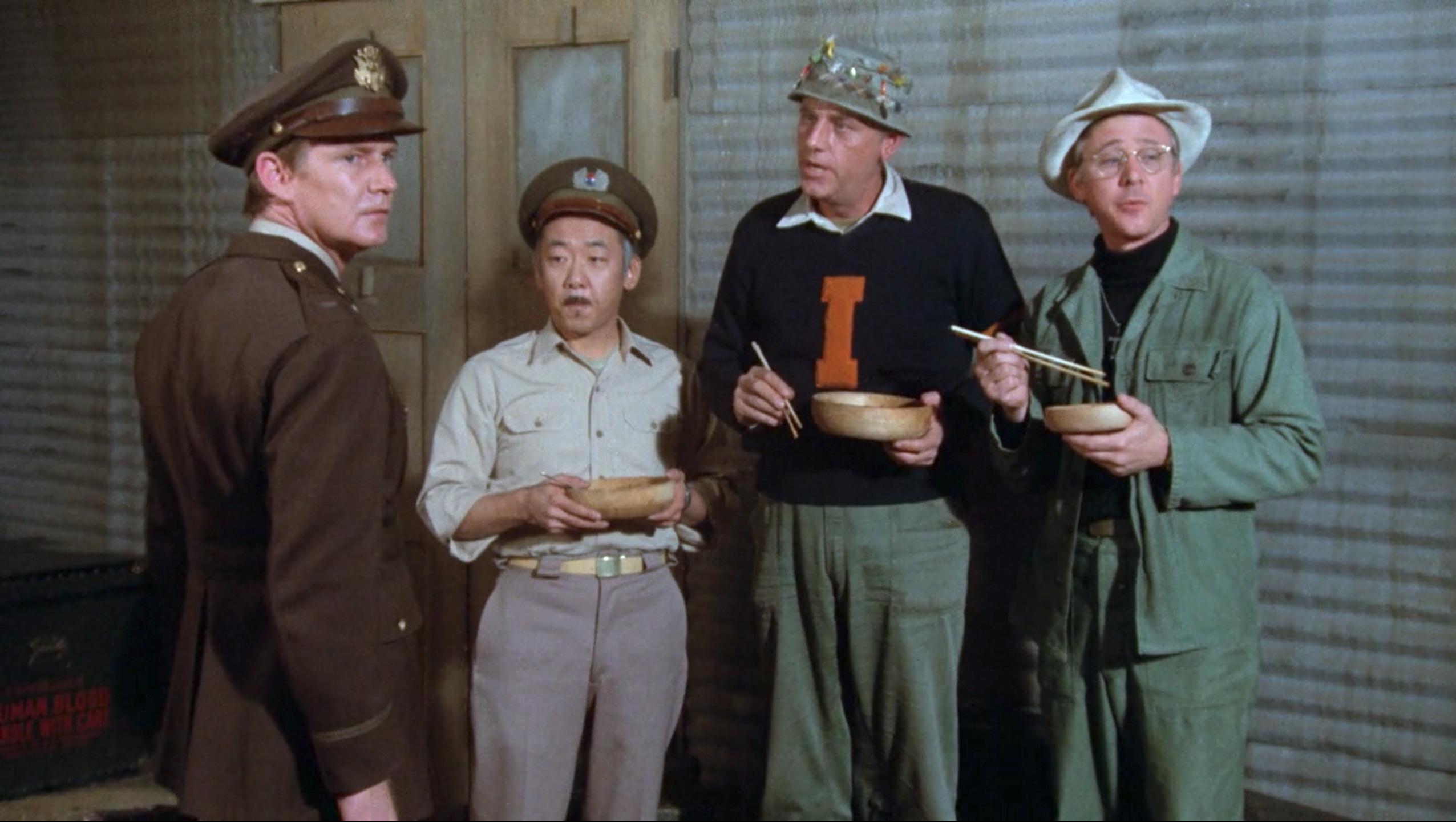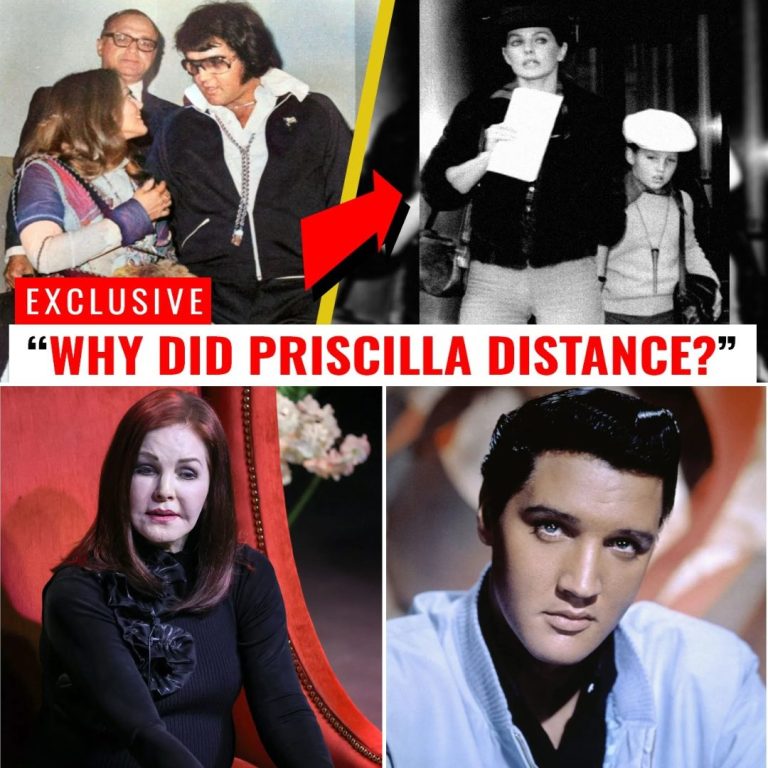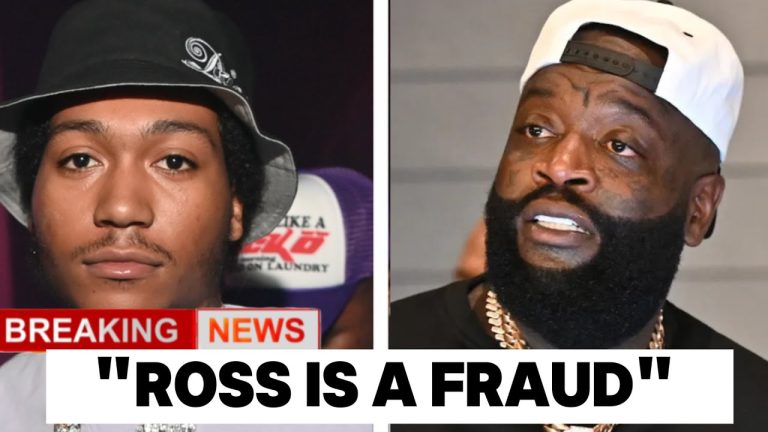Few television departures have shocked audiences as much as McLean Stevenson’s exit from M*A*S*H, the groundbreaking Korean War dramedy that became a cultural phenomenon in the 1970s. Stevenson, who played the lovable and laid-back Lieutenant Colonel Henry Blake, seemed destined for television greatness. Yet his decision to walk away from the series at the height of its success not only stunned fans, but also marked the beginning of one of the most infamous “what if” stories in Hollywood history—a choice that would haunt him for the rest of his life.
When M*A*S*H premiered in 1972, Stevenson quickly became a household name. His portrayal of Henry Blake—an affable, bumbling but kind-hearted commanding officer—struck the perfect balance against the chaos of war and the sharp wit of Hawkeye and Trapper. Fans adored him, critics praised him, and CBS executives knew they had lightning in a bottle. But behind the scenes, Stevenson grew restless. He wanted more than to be part of an ensemble. He dreamed of being the star.
At the end of Season 3, Stevenson made the fateful choice to leave. Producers, unwilling to leave the door open for his return, scripted one of the most gut-wrenching moments in television history: Radar O’Reilly’s heartbreaking announcement that Henry Blake’s plane had been shot down over the Sea of Japan, with no survivors. The scene was filmed in secrecy to capture the cast’s raw, unscripted grief, and when it aired in March 1975, it shattered audiences. Fans flooded CBS with letters of outrage. It was one of the first times American TV had confronted viewers with the senselessness of war, and it left Stevenson forever separated from the role that had made him beloved.
So why did he leave? The simple answer: ambition. Stevenson believed he could achieve greater fame as the lead of his own show. CBS courted him with promises, launching The McLean Stevenson Show in 1976. But the series was a flop, canceled after one season. Other vehicles followed—Hello, Larry, In the Beginning—each one crashing harder than the last. While M*A*S*H soared to greater heights, lasting 11 seasons and cementing itself as one of the most celebrated shows in history, Stevenson’s career dwindled into a string of disappointments.
Stevenson himself later admitted the bitter truth: “I made the mistake of believing that people were enamored of McLean Stevenson when they were enamored of Henry Blake.” It was a devastating realization. Audiences loved the character, not necessarily the actor behind him, and watching his former castmates thrive while his own projects failed reportedly left him battling deep regret. Known for his warmth and charm off-screen, he often hid that regret behind self-deprecating humor, but those closest to him knew the pain was real.
Still, Stevenson continued working steadily, guest-starring on popular shows, appearing on game shows, and staying connected with his former M*A*S*H family. Despite career disappointments, he remained beloved among peers for his kindness and generosity. Yet tragedy struck in 1996, when Stevenson died suddenly of a heart attack at age 68—shockingly, just one day after Roger Bowen, who had played Henry Blake in the original M*A*S*H film. For fans, it was a cruel twist of fate that forever linked the two men who had brought Henry Blake to life.
Looking back, Stevenson’s story is both inspiring and heartbreaking. He dared to chase bigger dreams, but in doing so, lost the role of a lifetime. Was his decision an act of courage to break free and try something new, or a cautionary tale of Hollywood hubris? Perhaps it was both. What is certain is that McLean Stevenson left an indelible mark on television history. Henry Blake may have died in that shocking season finale, but his warmth, humor, and humanity live on in every rewatch of M*A*S*H.
✨ Today, fans remember Stevenson not just for the projects that didn’t succeed, but for the unforgettable character he gave the world. Henry Blake remains one of the most beloved figures in TV history—a legacy that ensures McLean Stevenson will never be forgotten.




